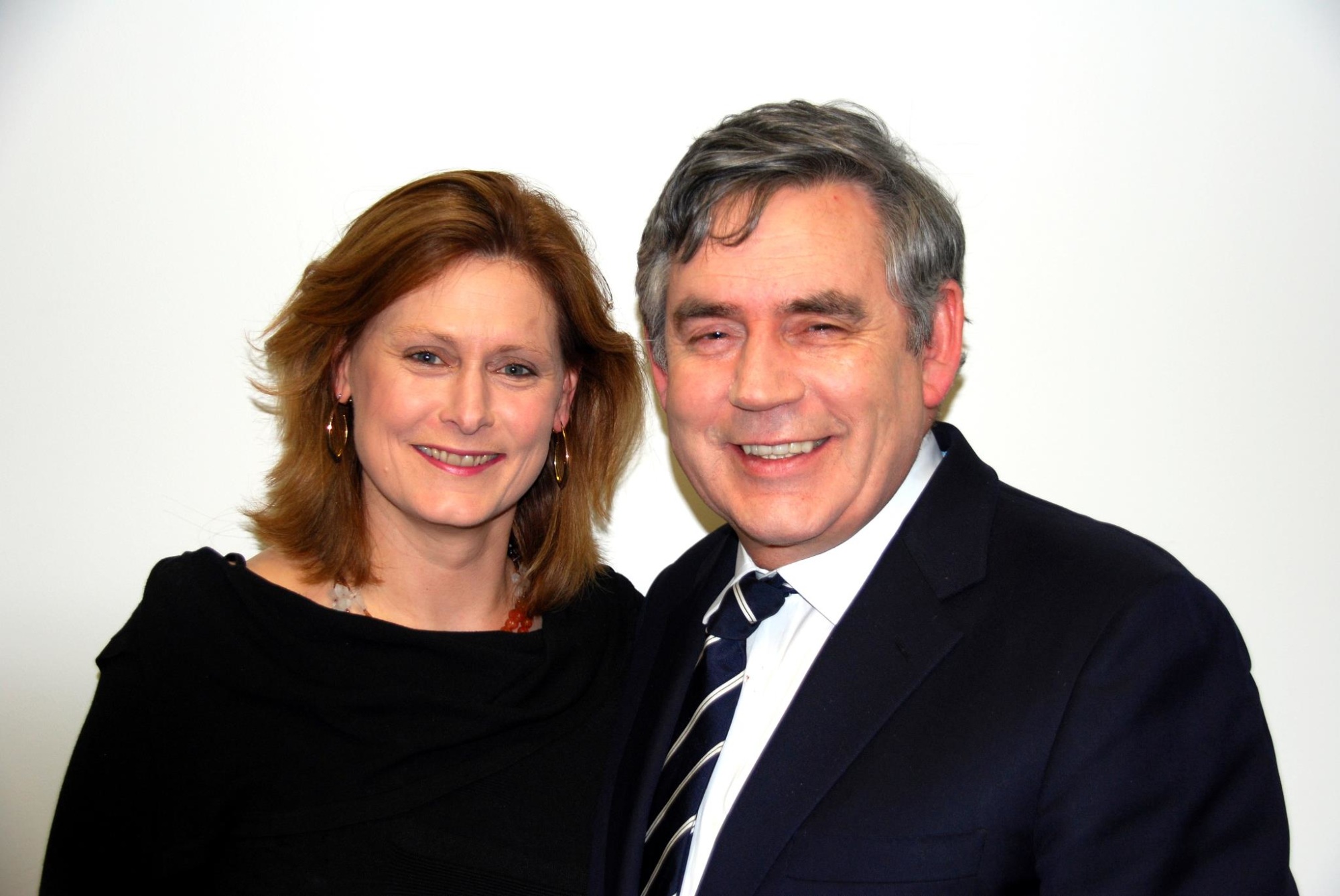
Nobel Peace Prize for champions of the fight against rape and sexual violence in warfare
Children in conflicts, Sarah Brown
Congolese doctor Denis Mukwege and Yazidi campaigner Nadia Murad were honoured today for their work in helping victims and highlighting the issue.
Sexual violence in warfare is a deliberate strategy. Its victims are not armed fighters. They are usually girls and women who are left broken – physically and mentally. And often they are stigmatised in their own communities.
Campaigning against rape as a weapon of war takes courage and determination. But two inspiring people who did just that have been named today as joint winners of the Nobel Peace Prize.
Dr Denis Mukwege, 63, is a gynaecologist who helps victims of sexual violence in the Democratic Republic of Congo. His clinic treats thousands of women and girls each year and led to the Global Survivors Network of women sharing their experiences to effect change.
Nadia Murad, 25, is one of an estimated 3000 Yazidi girls and women who were victims of rape and other abuses by Islamic State in Iraq. After three months of torture and beatings, she escaped captivity and began to talk about her ordeal.
“Denis Mukwege is the helper who has devoted his life to defending these victims. Nadia Murad is the witness who tells of the abuses perpetrated against herself and others,” said Nobel committee chairwoman Berit Reiss-Andersen.
“Each of them in their own way has helped to give greater visibility to wartime sexual violence, so that the perpetrators can be held accountable.”
Theirworld President Sarah Brown – who interviewed Mukwege for a special episode of her Better Angels podcast – said: “Where girls and women are subjected to horrific sexual violence they can lose hope – were it not for the likes of Dr Mukwege and Nadia.
“And where girls can be kept safe in schools they have the opportunity to learn, thrive, protect themselves better and have a brighter future.”
In that podcast, Mukwege told how gang rape is used as a terror device in the DRC.
“This rape is not a sexual act – it is a strategy of war. It is meant to destroy women physically and mentally,” he says.
“When it is happening in front of their family, their children, their husband, it is also to destroy all of the community.”
At Theirworld’s International Women’s Day event in London in March, two women who were victims of rape as a weapon of war spoke about their experiences.
Nidia Cortes Parra from Colombia and Esperande Bigirimana from Burundi said talking to other women who had been through the same experiences was hugely helpful in their recovery.
Both are in the Global Survivors Network, which supports women in 14 countries and grew out of the Dr Denis Mukwege Foundation.
Bigirimana said: “No one talks about sex and sexual violence – it is like something secret. Even when you are raped, your family doesn’t want you to talk about it. They feel like it is carrying shame.
“That is why we must educate our people and go into schools. Girls don’t know about how you are violated. Women don’t even know their rights. They don’t even know that they should not be raped.”
In 2016, at the age of just 23, Nadia Murad was named the United Nations’ first Goodwill Ambassador for the Dignity of Survivors of Human Trafficking.
Two years earlier, Islamic State militants attacked the village where she had grown up in northern Iraq. They killed six of her brothers and her mother.
Murad, along with many of the other young women in her village, was taken into captivity and sold repeatedly for sex as part of the terror group’s slave trade.
“At some point, there was rape and nothing else. This becomes your normal day,” she wrote in her book The Last Girl.
She eventually escaped captivity with the help of a family in Mosul and became an advocate for the rights of her community around the world.
Sexual violence as a weapon of war has been going on for centuries – but it was only recently acknowledged as a crime against humanity with the UN’s adoption in 2008 of Resolution 1820.
The Nobel Peace Prizes will be presented in Oslo on December 10.
More news

